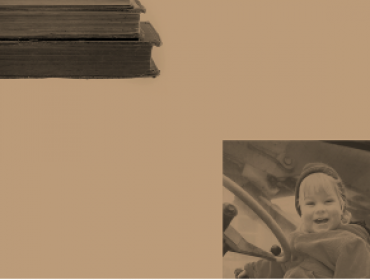Coming Soon
Book NowPast Event
The Whitechapel Gallery is committed to making all of our events as accessible as possible for every audience member. Please contact publicprogrammes@whitechapelgallery.org if you would like to discuss a particular request and we will gladly discuss with you the best way to accommodate it.
Our autumn season features a blended programme of online events and a return to in-person events, with a reduced capacity in our auditorium. Where possible, we also hope to offer sold-out auditorium events to a wider online audience.
Access information for specific events are listed on the corresponding event pages.
Information about access on site at the gallery is available here https://www.whitechapelgallery.org/visit/access/
This includes information about Lift access; Borrowing wheelchairs & seating; Assistance Animals; Parking; Toilets and baby care facilities; Blind & Partially Sighted Visitors; Subtitles and transcripts; British Sign Language (BSL) and hearing induction loops; Deaf Messaging Service (DMS).
September – December 2021
Extracted from the earth, clay has a history that is as old as human existence. It is a material with transformative qualities, that inspires spiritual reverence and poetic contemplation. It is central to creativity, as civilisations, ancient and modern, have given their cultures form and image through vessels, dwellings, statuary and sculpture, hand thrown and moulded, or manufactured from clay. It is also mud, a layer of land, a substrate, specific to regional geologies. The material histories of clay as earth are also political histories, connected to labour, land, extraction, colonialism and displacement.
In Theaster Gates new film, Sermon on Clay, he speculates and philosophizes about history, making and race while working at his potter’s wheel. For this season of Ways of Knowing, we expand the questions around clay posed by Gates to explore the political significance of geological materials. From diasporic relationships to land and sovereignty, agriculture to indigenous relationships to earth and rock, this season brings different perspectives to how we might think about what exists beneath our feet. The moving image programme focuses on feature length artists’ and documentary films that engage deeply with place. This is where the earth matters, and where human lives and histories are grounded, buried and rediscovered.
This season we dig into dark pasts and buried secrets with Roz Mortimer’s The Deathless Woman, while finding hope and collective power in working the soil in Unquiet Earth by Chiara Ambrosio and Caterina Pasqualino. We hear powerful stories of clay, delving into material and cultural histories, making and race with Theaster Gates in conversation. Terra Firma explores the politics of earth with contributions from a range of perspectives, from growing and agriculture to pottery and geography, considering different ways we rely on the land and what lies beneath, with Claire Ratinon and Pheobe Collings-James. Tales of belonging in Andrea Luka Zimmerman and Adrian Jackson’s portrait of the now lost Nomadic Community Garden off Brick Lane, while Burma Storybook considers poetry and homeland in a film by Corinne van Egeraat and Peter Lom.
This programme is part of Ways of Knowing: Imagining Other Futures.

Updated weekly, Important Books presents crucial manifestos, read aloud by children – those who will shape the future. Among this season’s selections are urgent ecological texts from Agnes Denes, Gary Snyder and the Alcatraz Native American Occupation.